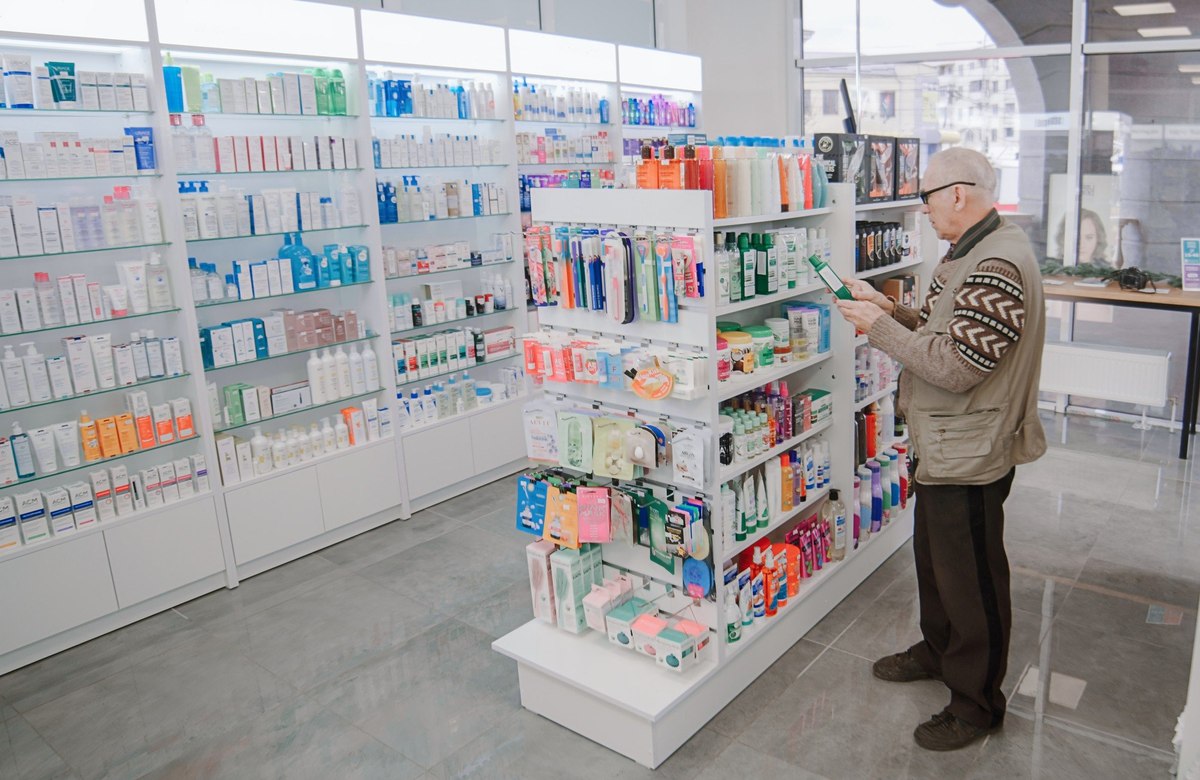
How product recalls impact US consumers’ loyalty towards pharma and personal care brands
Recent updates from the FDA reports information regarding medical device recalls by companies like Philips. However, the healthcare and pharmaceutical industry is not the only sector grappling with these challenges. Other notable examples recently include Peloton bikes, Bosch toasters, Banana Boat spray sunscreen to name a few.
But how do consumers react to these incidents? Would they continue staying loyal to the brand and if not, then what factors would deter them from returning?
This type of enduring brand loyalty can vary by product type. Around half of respondents would purchase dairy products (51%), packaged goods and beverages (51%), electronics (49%) and mobile phones (49%) from the same brand again.
In the cosmetics or personal care category, a similar proportion of consumers are likely to purchase (41%) from the same brand as they are unlikely to do so (40%).
The only categories where US consumers are more likely to express reluctance to purchase from the same brand after experiencing a recall are medicine or medical products (48%) and children’s toys (45%).
Why are consumers reluctant to purchase medicines and personal care products from the same brand after a recall?
Concerns about safety or product quality deters nearly three-quarters of US consumers (72%) from buying medicine or medical product from a company that had to recall its products. More than two-thirds of consumers (69%) cite the same reason with respect to cosmetics brands.
Loss of trust in the brand is another reason why more than half of US respondents would be less likely to repurchase from the same health and pharma company (56%) and cosmetics and personal care brand (57%).
Around two-fifths of respondents who are unlikely to purchase from the same brand again say it’s because of how a brand has handled the recall (43% medicine; 44% cosmetics) and their personal experience with a faulty product (40% and 42% respectively).
Past experiences with the brand (31% medicine; 33% cosmetics) and negative reviews or media coverage (31% medicine; 33% cosmetics) are the other reasons why consumers would be less likely to purchase from the company.
Word of mouth appears to have the least impact with around one-fifth of consumers picking it as a reason why they wouldn’t purchase from a brand again after a recall (21% medicine; 23% cosmetics).
Even though a significant portion of respondents are unwilling to make a repeat purchase from a pharmaceutical or medical product company and cosmetic or personal care brand after a recall, approximately more than two-fifths (44% and 45% respectively) of them maintain a positive view of how brands typically address product recalls, indicating a reasonable level of trust in the recall management practices of these companies.
Explore our living data – for free
Discover more health and pharma content here
Want to run your own research? Run a survey now
Make smarter business decisions with better intelligence. Understand exactly what your audience is thinking by leveraging our panel of 20 million+ members. Speak with us today.
Methodology: YouGov Surveys: Serviced provides quick survey results from nationally representative or targeted audiences in multiple markets. This study was conducted online on August 28-29, 2023, with a nationally representative sample of 1,178 adults in the United States (aged 18+ years), using a questionnaire designed by YouGov. Data figures have been weighted by age, gender, education and region to be representative of all adults. Learn more about YouGov Surveys: Serviced.
Image: Getty Images